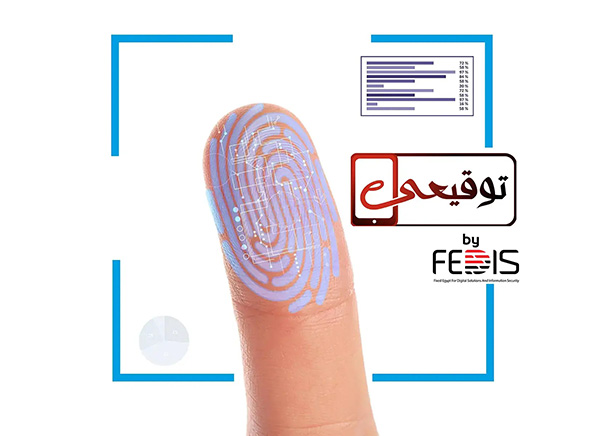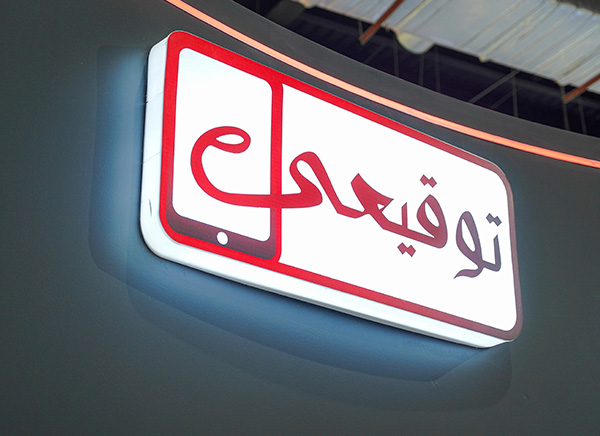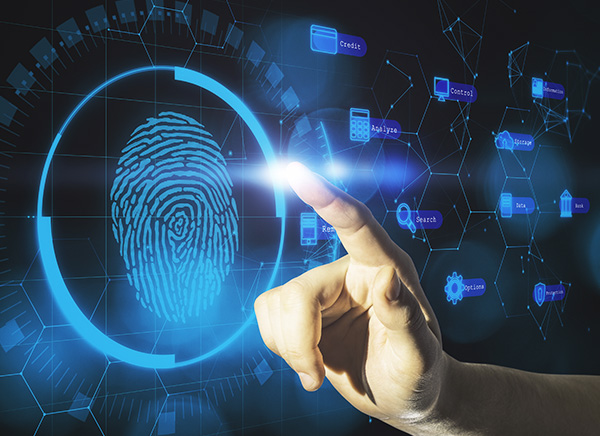A digital signature is a secure and electronic way of verifying the authenticity and integrity of a document or message. It involves the use of cryptographic techniques to create a unique “stamp” that ensures the content hasn’t been altered and was indeed signed by the intended party.
Integrating all technical services that are aligned together to facilitate digital journey and transformation for customers whether individuals or entities.


Tawqe3y is one of the products of FEDIS.
It helps companies and individuals to issue and activate legally approved certificates such as signature and electronic seal, in addition to automating the use of information securely.
Tawqe3y contributes to the implementation of the digital transformation strategy and national projects, as it provides a wide range of digital and security services and solutions.
With Tawqe3y, you can sign electronic documents and conduct online banking transactions, and it also allows you to deal with governmental and non governmental agencies electronically.

Key Creation
In the first step, a digital signature is created using a pair of cryptographic keys – a private key held by the sender and a corresponding public key available to everyone.

Document Signing
When a document or message needs to be signed, the sender’s private key is used to create a digital signature unique to that content.

Verification
The recipient uses the sender’s public key to verify the signature, confirming the document’s authenticity and integrity. Digital signatures provide trust in electronic communications.
What is the difference between Digital Signature and digital Seal?
What are the documents that can be signed digitally?
What are the payments methods available?















